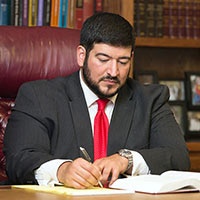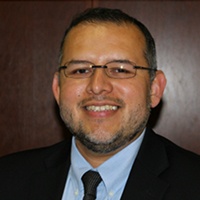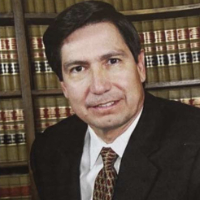Cibolo DUI-DWI Lawyer, Texas
Sponsored Law Firm
-
 x
x

Click For More Info:
-
Law Office of Robert R. Jones III
2411 Emancipation Ave, Suite 202, Houston, TX 77004» view mapCriminal Defense Expert Representation for Reasonable Rates
If you need representation, call me 24/7.
800-883-8760
Robert Henry Featherston
✓ VERIFIEDRobert Featherston is a Criminal Defense Lawyer, proudly serving San Antonio, Texas and the surrounding areas.
Marc A. LaHood
✓ VERIFIEDMarc LaHood is a Texas trial lawyer that has fought on behalf of his clients across Central and South Texas; from Pecos to Houston, from Paris to Lare... (more)
Jaime Aldape
✓ VERIFIEDThe Aldape Law Firm P.L.L.C. is 100% devoted to criminal defense. This includes: State and Federal Criminal Cases - examples: DWI, Drug Possession... (more)
Robert J. Barrera
✓ VERIFIEDWhen you face civil or criminal charges, you need an attorney with the experience and competence to ensure the best possible outcome for your case. Tr... (more)
Sam H. Lock
✓ VERIFIEDMr. Lock began his career in civil litigation and then opened the doors of The Law Office of Sam H. Lock in 2000. For more than 10 years, he has been ... (more)
FREE CONSULTATION
CONTACTFREE CONSULTATION
CONTACTFREE CONSULTATION
CONTACT Robert Jones San Antonio, TX
Robert Jones San Antonio, TX AboutLaw Office of Robert R. Jones III
AboutLaw Office of Robert R. Jones III Practice AreasSpecializations
Practice AreasSpecializations





